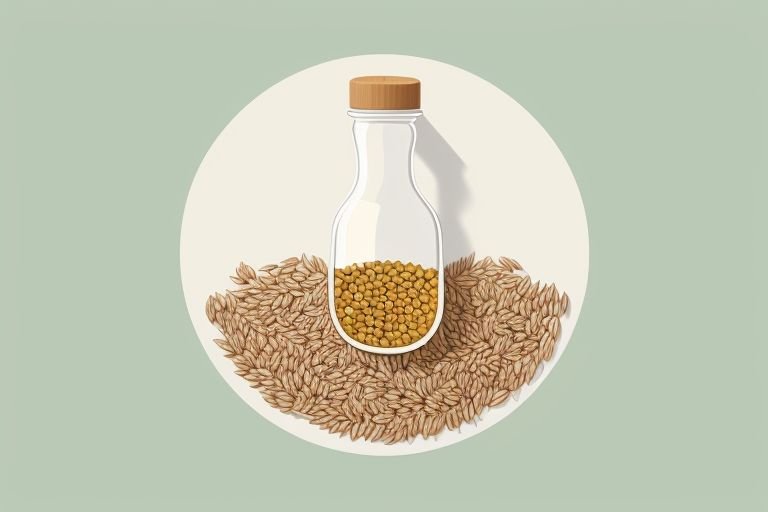Essential vitamins for diabetics: Prevention and wellness
Diabetes mellitus is a group of metabolic diseases resulting from the interplay of genetic and environmental factors, leading to metabolic disorders involving carbohydrates, fats, proteins, etc., due to defective insulin secretion and/or impaired insulin biological effects.
Untreated and uncontrolled blood sugar levels in diabetic patients can lead to severe complications affecting the cardiovascular system, eyes, kidneys, nervous system, skin, and other tissues. Thus, adequate and balanced vitamin intake is beneficial for correcting metabolic disorders and preventing complications in diabetic patients.
What vitamins should diabetics supplement?
- β-carotene

β-carotene can be converted into vitamin A in the human body, exhibiting excellent antioxidant properties. Given the imbalance of the antioxidant system in diabetic patients, supplementing with β-carotene can help control diabetes development and prevent complications. The recommended daily dose is 15-25 mg. Sources include dark green or reddish-yellow vegetables and fruits. For example: carrots, sweet potatoes, green mustard greens, spinach, lettuce leaves, and pumpkins.
2. Vitamin E

Vitamin E, also known as tocopherol. It is a fat-soluble antioxidant vitamin that protects β-carotene from being oxidized, showing a synergistic effect. Diabetic patients often have lower vitamin E levels, which decline with age. Hence, a daily supplement of 100-200 mg can help prevent complications like cardiovascular and cerebrovascular diseases. Vitamin E-rich foods include vegetable oils, wheat germ, nuts, seeds, legumes, and other cereal germs.
3. Vitamin C

Also known as ascorbic acid. Vitamin C is a water-soluble antioxidant with a synergistic effect with vitamin E and β-carotene. Supplementing with vitamin C can reduce plasma lipid peroxidation, lower blood total sterols and triglycerides, increase high-density lipoprotein sterols, reduce oxidatively modified low-density lipoprotein cholesterol as well as alleviate microproteinuria and early diabetic retinopathy in patients with type 2 diabetes. The recommended daily intake for diabetics is 100-500 mg, and the main sources are fresh fruits and vegetables.
4. Other vitamins

Vitamin B1, B2, B6, and B12 have an adjunctive treatment effect on diabetic polyneuritis. However, B6, B12, and folic acid can reduce plasma homocysteine levels, associated with an increased risk of atherosclerosis. B vitamins are also crucial components of coenzymes in different stages of glucose metabolism, making it essential for diabetic patients to supplement B vitamins. Vitamin-rich foods include cereals, legumes, dried fruits, animal offal, lean meats, poultry, milk, fish, and nuts.
Conclusion
In conclusion, for individuals with diabetes, supplementing specific vitamins is crucial to maintaining overall health and preventing complications associated with the condition. Incorporating β-carotene, vitamin E, and vitamin C through a balanced diet or supplements can significantly contribute to antioxidant defense and mitigate the risk of cardiovascular issues and diabetic complications. Additionally, ensuring an adequate intake of B vitamins can aid in managing diabetic polyneuritis and reducing the risk of atherosclerosis. By focusing on these essential vitamins, individuals with diabetes can take proactive steps toward promoting their well-being and managing the challenges of the condition.
Leave a Reply